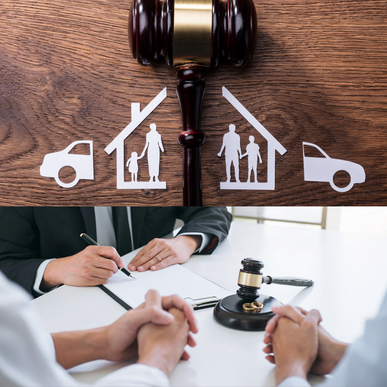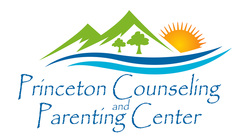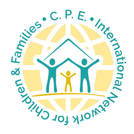|
One way to start the divorce process in New Jersey is for one party (the plaintiff) to file a “Complaint for Divorce”. Although this is the way that a divorce can begin legally, many people don't start the process this way. There are many different ways to start the process of divorce and individuals must choose which method is best for their unique situation.
Divorce mediation is commonly used because it is relatively inexpensive and allows you to have control of the divorce process. In divorce mediation, you and your spouse hire an impartial person, a mediator, to facilitate the negotiations of the divorce agreement. The mediator doesn’t represent either of you or advocate for either one of you. Their role is to help you negotiate your disagreements. A mediator may be an attorney, paralegal or a mental health professional. This is the least expensive option (other than pro se where you complete the divorce on your own) and gives you and your spouse control over the process. You should not use mediation in two situations: 1) If there’s a power imbalance, and you’re not able to advocate for yourself and 2) If there is a history of physical or emotional abuse. Mediation works best when you and your spouse are reasonable but have some disagreements on a few major issues. You can hire a consulting attorney to advise you during your negotiations or when your agreement is almost final before you file in court so that you have someone advocate for you from a legal perspective. Legal Grounds for Divorce in New Jersey “Legal grounds for divorce” is the term that the legal system uses to recognize the reason for the divorce. New Jersey has several grounds for divorce: 1. No-fault grounds: if the marriage has broken down for at least 6 months and there’s no chance to reconcile or if you’ve lived apart for a year and a half and have no plans to reconcile 2. Fault-based grounds: adultery, desertion for at least 12 months by one’s own will, alcohol or drug abuse, institutionalization of one partner for at least 2 years, extreme abuse or cruelty, imprisonment and some other reasons. When using fault-based grounds for divorce the process is more complicated because you must prove the matter. What happens after the divorce is filed? Once the divorce is filed, the party who did not file the divorce (the defendant) has 35 days after receiving the filed divorce to either file for an appearance, file an answer or a counterclaim. Filing for an appearance means that the defendant isn’t objecting to the divorce itself, but doesn’t agree to what the plaintiff is asking for. Filing an answer means that the defendant agrees or disagrees to whatever is stated in the complaint. Filing a counterclaim means that the defendant can give new information and reasons for the divorce. Property Division, Alimony and Child Custody in New Jersey Laws in New Jersey state that all property is marital property. An exception to this is inheritance when the funds have not been co-mingled. A judge will decide who gets what by the following factors: 1. How long you’ve been married 2. How old you are and the state of your health 3. If you have an agreement written ahead of time (which you would do through mediation or hiring your own attorneys to do that), the judge will honor that 4. Your individual financial situations once all property has been divided, your earning potential and child care responsibilities 5. If one or both of you contributed to the other’s education or earning abilities 6. The total debts and liabilities of both of you 7. The value of your properties 8. Tax consequences once the property is divided Property, alimony and child custody are not clear cut and each divorce has unique issues. If the parties come to agreement on any of these issues on their own, the judge will abide by that agreement as long as it is in the child’s best interest. Child support in New Jersey is determined by a set of state guidelines. Divorce in any state is a complicated process. Getting good guidance is key to taking control of your divorce process and your life. If you have any questions, you can reach me for a free phone consultation through the following link: free phone consultation with Jill. |
AuthorJill Barnett Kaufman, MSW, LCSW and Certified Parent Educator is an experienced clinician who helps clients discover new ways to resolve a variety of challenges and bring more happiness and peace into their lives. Archives
November 2023
Categories
All
|
|
If you are in crisis or in need of emergency assistance, please call 911. |
|



 RSS Feed
RSS Feed


